Progress Toward A Safer Psychedelic Drug To Treat Depression And Addiction
Enlarge this image
Root extracts from the African shrub Iboga, have long been used in traditional healing rituals, and more recently as an experimental treatment for depression and to reduce drug cravings in addiction. Scientists now are working on a version of the extract that doesn’t cause heart attacks or hallucinations as side effects.
Steeve Jordan/AFP via Getty Images
hide caption
toggle caption
Steeve Jordan/AFP via Getty Images
Shots — Health News
Rigorous Study Backs A Psychedelic Treatment For Major Depression
«This provides a roadmap on how we could start tweaking these chemical compounds to make them very useful in the clinic, she says. «Keep the good parts, get rid of the bad parts.
For decades, psychedelic drugs including ketamine and psilocybin have shown promise in treating people with mental health problems including addiction, depression and PTSD. But doctors and researchers have been wary of using the drugs because of their side effects.
Olson’s team selected ibogaine because it seemed to have the most daunting side effects, including hallucinations and potentially fatal heart problems. It’s also increasingly hard to find the plants that naturally contain ibogaine, and synthetic versions of the drug have been difficult to make in large quantities.
These obstacles make ibogaine «the Mt. Everest of psychedelics, Olson says.
But ibogaine, which comes from the roots of a West African shrub, also has great potential, Olson says. Small studies have suggested it can dramatically reduce drug cravings and withdrawal symptoms.
So Olson and a team of researchers set out to answer a question: «Can you take a really complex molecular structure like ibogaine and distill it down to its essential elements that give rise to the beneficial effects?
The team started by giving the ibogaine molecule some nips and tucks.
«We lopped off the parts of the structure that gave rise to a lot of the deleterious effects, he says, «and we left the part of the structure intact that still was able to have anti-addictive and antidepressant properties.
These changes resulted in a substance that was not only safer, but easier to manufacture. The scientists named their creation tabernanthalog, or TBG.
The team began testing TBG in rodents, including some mice raised to binge on alcohol. «Every single animal in the experiment reduced their consumption of alcohol, which was really, really surprising, Olson says.
TBG also helped rats that had been addicted to heroin. Usually, these rats relapse in response to light or sound cues they’ve been taught to associate with the drug. But rats given TBG were much less likely to relapse.
Finally, the team tested TBG on mice with behaviors associated with depression. Those symptoms improved.
None of the animals given TBG experienced heart problems or behaviors associated with hallucination.
Olson, who has a financial stake in TBG, says drugs based on psychedelic substances have great potential because they work in a different way than most conventional drug treatments.
«They don’t mask disease symptoms, he says. «They’re really designed to try to rewire the brain.
It’s still unclear, though, whether trip-less synthetic versions of hallucinogenic drugs will work as well as their natural counterparts.
«One of the big questions in the field is, is the hallucinogenic experience necessary for getting better, says Dr. Conor Liston, an associate professor of neuroscience and psychiatry at Weill Cornell and the other author of the TBG commentary. «There’s some evidence both ways.
Regardless, Liston says, it’s time for scientists to finally figure out what psychedelic drugs and their trip-less counterparts can do for people with depression, addiction, PTSD and other disorders.
«Let’s gather the data, let’s see what works, let’s make sure we understand the safety profile, he says. «But let’s also be open to the possibility that these compounds could really help a lot of people who need help.
- major depression
- psychedelics
- depression
- psilocybin
Обсудим?
Смотрите также:

